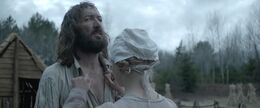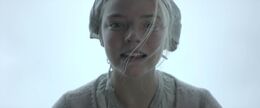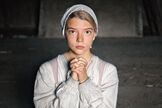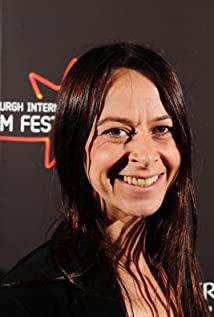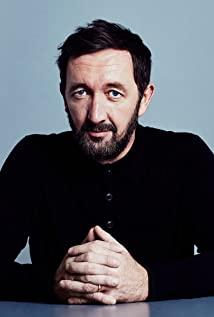The Middle Ages was an ignorant era of religious strife, beginning with the fall of the Western Roman Empire and ending with the Renaissance.
The beginning of ignorance stems from religious belief. Christianity was the most popular religion in the Middle Ages.
Human beings in every era live in anxiety. The anxiety of medieval Europeans mainly came from the instinctive fear of unknown things around us; we vent our anxiety by buying and buying, they rely on praying; and Christianity, a huge and complex religion The system explains all the unknowns that human beings are afraid of, and attributes all the unknowns to the opposite of Jesus, who is named the devil. A witch is a woman who can communicate with the devil, and Christian heresies have always sheltered witches.
When the unknown accident happened, the first thing the Puritans thought about was being persecuted by the devil - by the hand of a witch. And so witch trials began to flourish. Spiritually they judge "witches", and physically they judge "women". This shows the low status of women in the Middle Ages.
In 1620, a "Mayflower" carried 102 Englishmen to the Americas across the ocean, including 35 Puritans. In this strange land, they established manors and churches.
The church expelled a family of infidels, a total of 6 people, a couple, and 4 children. They were exiled to the wild.
1. The fear of being dominated by the "Wild Lands"
At the beginning of the film, there is a subjective shot of watching the manor gradually move away from him, showing the simple and prosperous life of the British who first came to the Americas and the native Indians before the second group of British landed in the Americas; Desolate eyes, desolate eyes. The lonesome wasteland magnifies the panic and distortion of belief brought about by the unknown.
2. The fear of being dominated by the "dark night"
Being afraid of the dark is a biological instinct of human beings. Under certain circumstances, we can no longer feel the horror of darkness. But director Robbert recreated this most primitive fear for us.
Whispers in the dark night are often the beginning of the cracks in the original family, and the dark night is also the best cover for the hideout of ghosts and snakes. The flickering candlelight can only illuminate one side of the dark night, and beyond that side of the light is the endless black of sadness.
3. The fear of being dominated by "twins"
Twins, an image that often appeared in early horror films, most famously the twin sisters in Kubrick's The Shining.
(The author's psychological shadow covers this picture)
In 1692, the infamous witch trial took place, after three children accused three female neighbors of being witches and tortured them for no reason. This incident deeply influenced later expressionist horror films, and (indirectly) gave birth to the enduring magical situation of the evil boy cult. The film obviously learns from this incident, and the best proof is the twins in the film.
4. The fear of being dominated by the "woods"
In fact, it is a representative of the unknown, but in form, the film transforms the protagonist's family's fear of witches into the fear of the image of the woods.
5. Fear of being dominated by "religion"
Interpreted from the perspective of anthropology and sociology, there are many ways to interpret this film, plus the blending of the two historical backgrounds of "the Middle Ages" and "landing in the Americas", it is almost enough to make up a thesis, but it is mostly the original family relationship Ah, mental distortions, social status, etc. in general. Interpreting it from a feminist perspective is an interesting entry point, and it fits the theme of the film. Personally, I am more inclined to interpret it from a theological point of view, and I am inclined to the idea of anti-religion, whether it is the self-numbness of the father who is faithful to religion but is gradually unwilling to face the reality, or the mother who only prays and blames other families for the bereaved child. The weakness of the members, or the precocious puberty caused by the constant sexual oppression and warnings of the eldest son are undoubtedly a naked criticism of religion!
Goodbye to the age of ignorance, and watch "The Lighthouse"! (Storm expects 555)
View more about The Witch reviews




